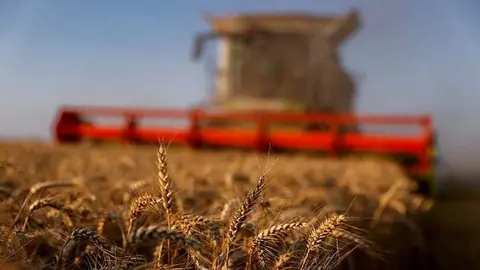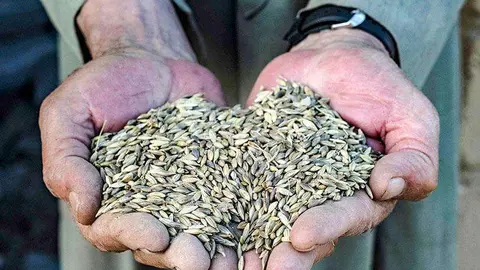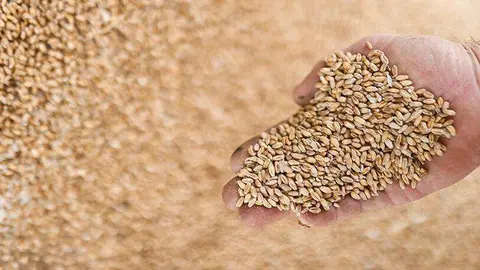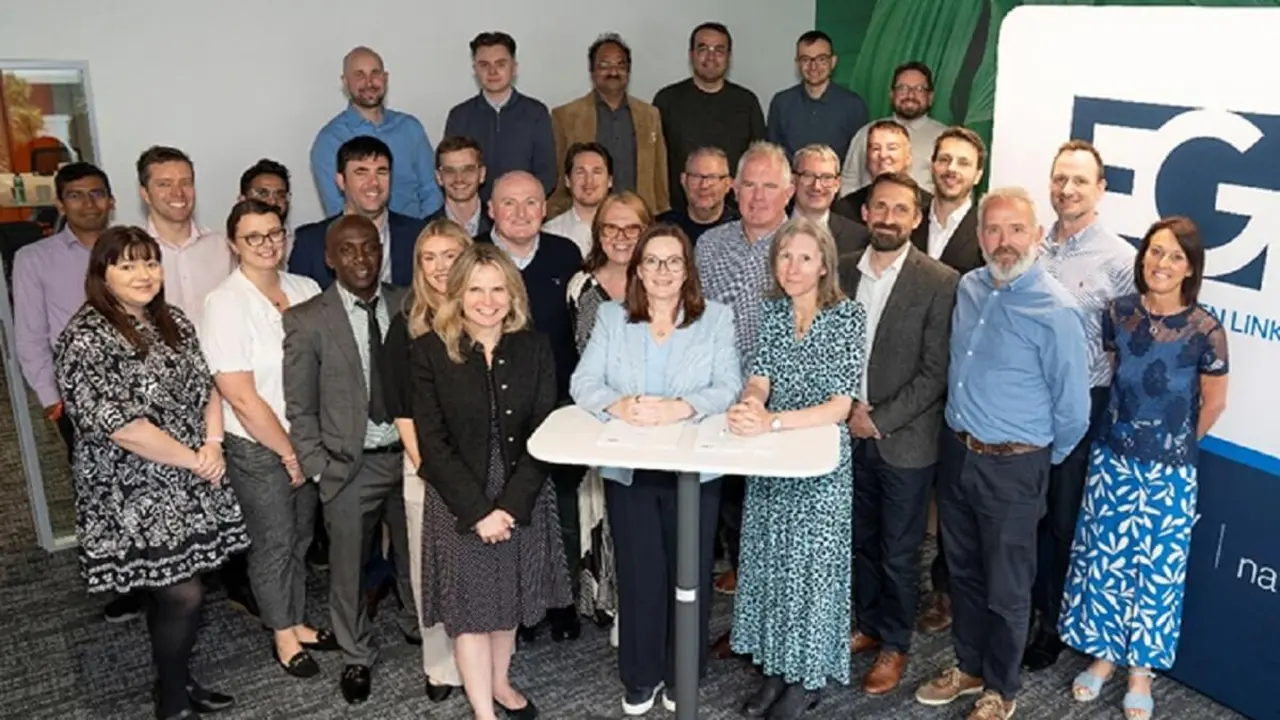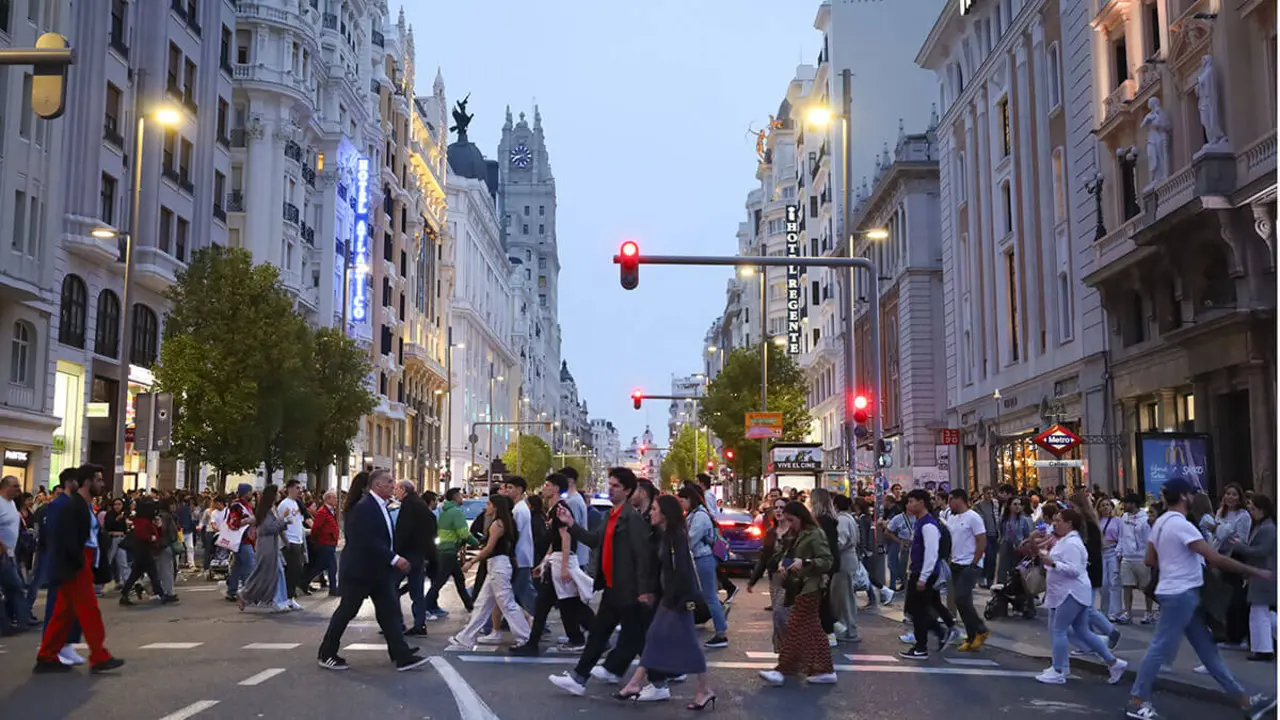Morocco's renewed agricultural strategy: securing wheat stocks and tackling global challenges
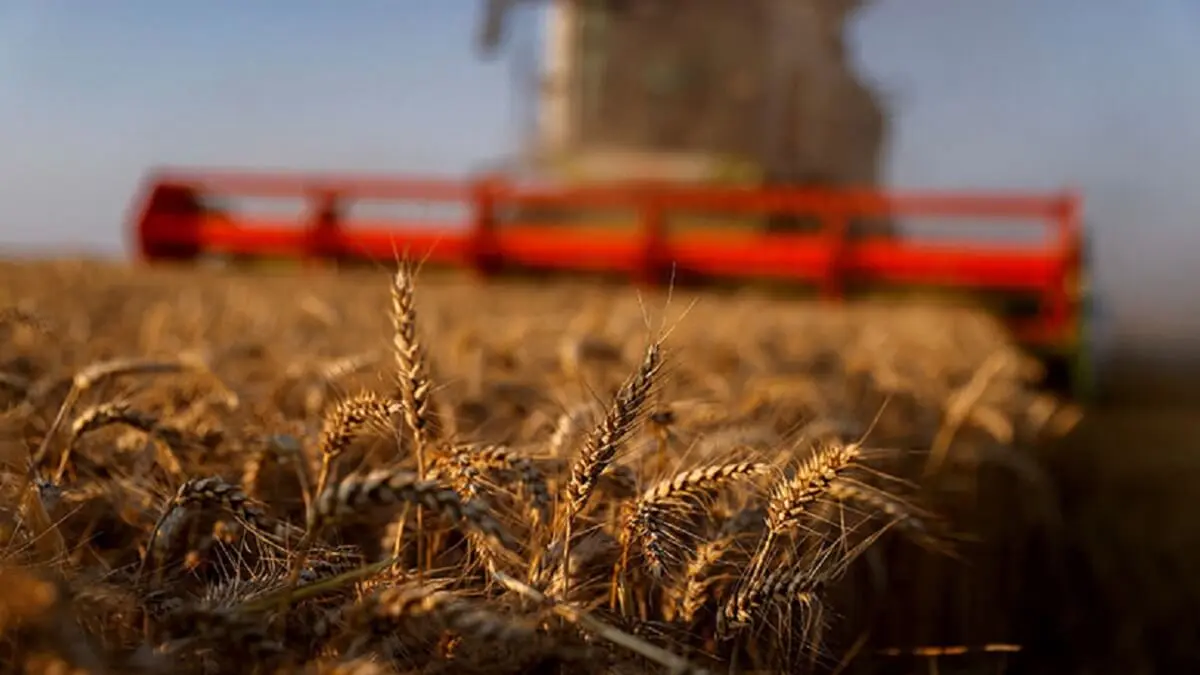
Morocco's commitment to ensuring its food security and reinforcing agricultural stability in the face of global uncertainties has taken a strategic turn: the National Federation of Mills, under the leadership of Moulay Abdelkader Alaoui, has presented a complex plan to reinforce the country's soft wheat reserves. This comprehensive strategy not only reflects Morocco's proactive approach to safeguarding its food supply, but also underscores its ability to adapt to navigate a dynamic global landscape.
As Morocco World News notes, Alaoui's announcement echoes the gravity of the situation, revealing that Morocco's soft wheat stocks are prepared to provide cover for an extended period of four to five months. This assurance is backed by carefully analysed data, which instils a sense of optimism in the country's ability to deal with potential challenges. However, Morocco's efforts do not end here, but are beginning to intensify.
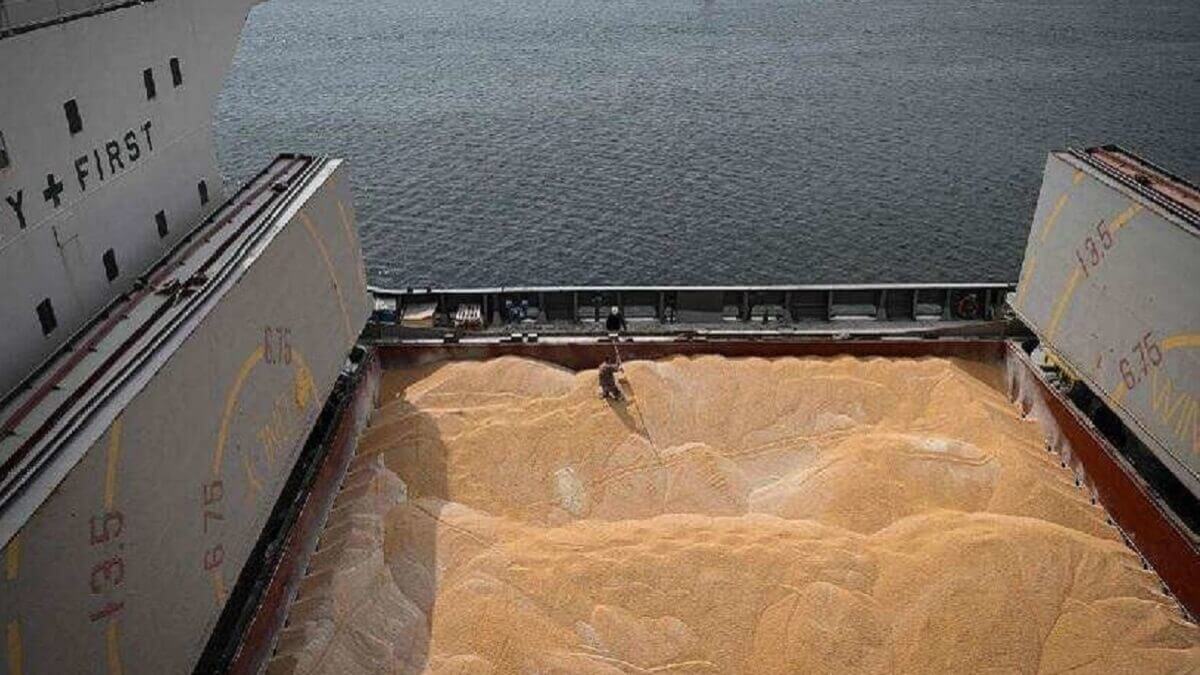
To consolidate its position and improve its preparedness, Morocco has launched plans to import 25 million quintals of wheat. The timing of these imports runs from July to 30 September, exemplifying a strategic foresight that goes to the heart of the nation's agricultural and economic stability. This pragmatic step underscores Morocco's dedication to both ensuring food security and maintaining its economic balance, even in the face of unforeseen circumstances.
At the heart of this overall strategy is the key role played by diversification. In this respect, Alaoui underlines the importance of Morocco's renewed partnership with Russia. The reopening of imports from Russia has a twofold objective: to strengthen the country's strategic position and to diversify its sources of wheat imports.

The decision to re-establish this partnership comes after Morocco's temporary withdrawal from the Russian market due to the geopolitical turmoil triggered by the conflict in Ukraine. This new commitment underlines the government's adaptability and its willingness to recalibrate its approaches to meet evolving challenges.
As Morocco emerges from the aftermath of a severe drought that overshadowed its agricultural landscape, the cereal sector has undergone substantial transformations. In particular, the previous agricultural season saw a drastic 67% drop in the production of the main cereals, leading to a necessary re-evaluation of strategies. This readjustment is underlined by recent decisions taken by the National Interprofessional Office for Cereals and Pulses, which indicate the country's commitment to align its policies with a constantly evolving reality.
Anticipating the road ahead, projections by the Global Network for Agricultural Information paint a picture of recovery for the Moroccan cereal sector.

As reported by the BNN Network, projections by the US Department of Agriculture's Foreign Agricultural Service suggest that Morocco is on track to increase its production, with estimates of around 3 million tonnes of soft wheat, 1 million tonnes of durum wheat and 1.3 million tonnes of barley in the coming year. These forecasts testify to the Kingdom's determination not only to overcome the challenges, but also to build a resilient foundation for its long-term agricultural sustainability.
This intricate web of strategies, reinforced by data-driven knowledge, collaborative partnerships and proactive policies, places Morocco on the trajectory of agricultural security and prosperity amid a rapidly changing global landscape.

